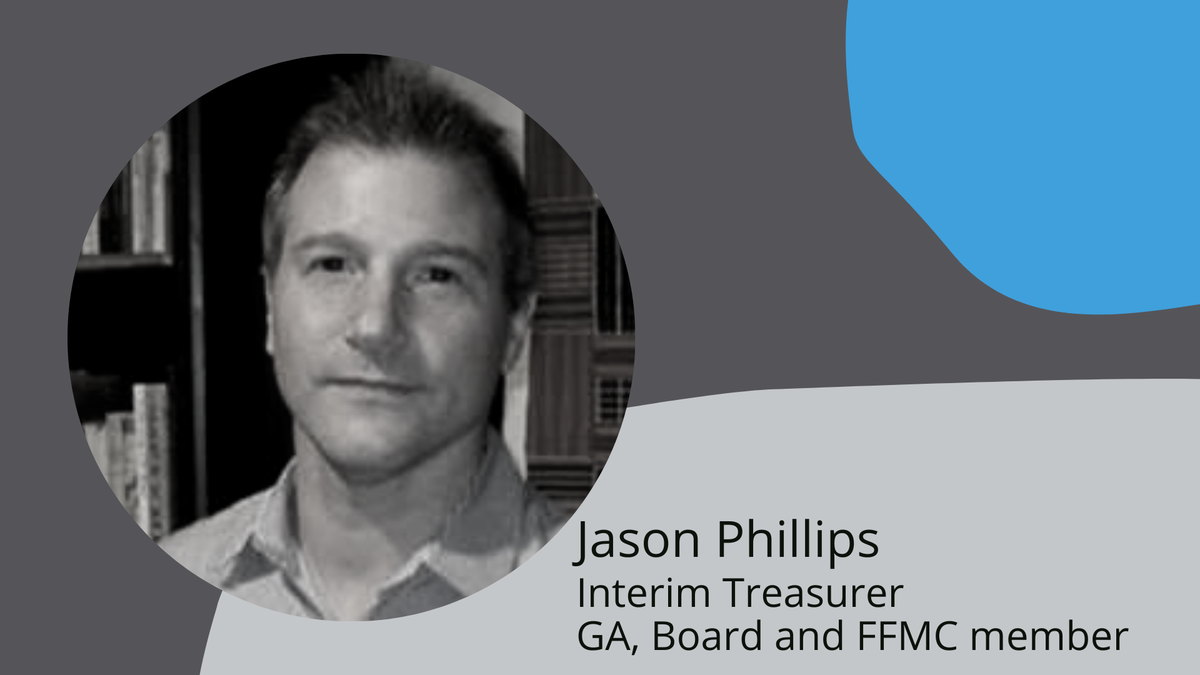Jason Phillips

Jason is currently an independent researcher and consultant based in Ottawa, Canada. He is an experienced humanitarian with over 20 years of NGO leadership and Board experience, 18 years of which were at the International Rescue Committee (IRC). In his last role as IRC’s Vice President of International Strategy and Partnerships, based in Den Haag, Netherlands, he oversaw strategic planning in 35 countries and guided the international programs department in its efforts to deliver on the promise of better aid. Jason also served on the Board of InsideNGO (now Humentum), where he helped to steer the membership association of 300+ development and humanitarian assistance NGOs through the transformative strategic changes of a CEO transition and an international tri-partite merger.
Prior to entering the humanitarian sector, Jason worked as a university lecturer and in the investment banking industry. Jason is an Adjunct Research Professor at the Norman Paterson School of International Affairs (NPSIA), Carleton University’s graduate school of public policy in Ottawa, where he teaches a course on the Politics of Forced Displacement. He is currently engaged in a series of research studies examining how humanitarian ethics are understood and operationalised in the aid sector. Jason holds a Ph.D. in Political Science from The Johns Hopkins University in Baltimore, Maryland, USA.
I am a member of the GA since 2020 , joined the FFMC in 2022 and the Board in 2024.
I am excited about the opportunity to support the humanitarian and development sector continue its journey towards greater accountability to those it serves: a journey which, unfortunately, has not yet come close to realising its transformational promise. HQAI brings an innovative and much needed rigor to the sector as it strives to improve its performance and deliver on the vision of principled aid enshrined in the Core Humanitarian Standard (CHS). HQAI’s General Assembly is comprised of a diverse and inspiring groups of thinkers and leaders all committed to better aid, it’s a privilege to be welcomed among their ranks.
There are two things that make HQAI special for me. First is the forthright effort to make their auditing and verification services financially accessible to all humanitarian and development actors regardless of their income level, organisational capacity, or geographical location. The establishment of the Subsidy Fund is a signal that quality and accountability are important and achievable goals for all the sector’s diverse member organisations. Second is the potential for HQAI’s certifications to help reinforce public and donor trust in the humanitarian sector. The intention to do good is not enough, and never has been: an HQAI certification against the CHS can help all stakeholders more easily recognise those agencies that are actually doing good.